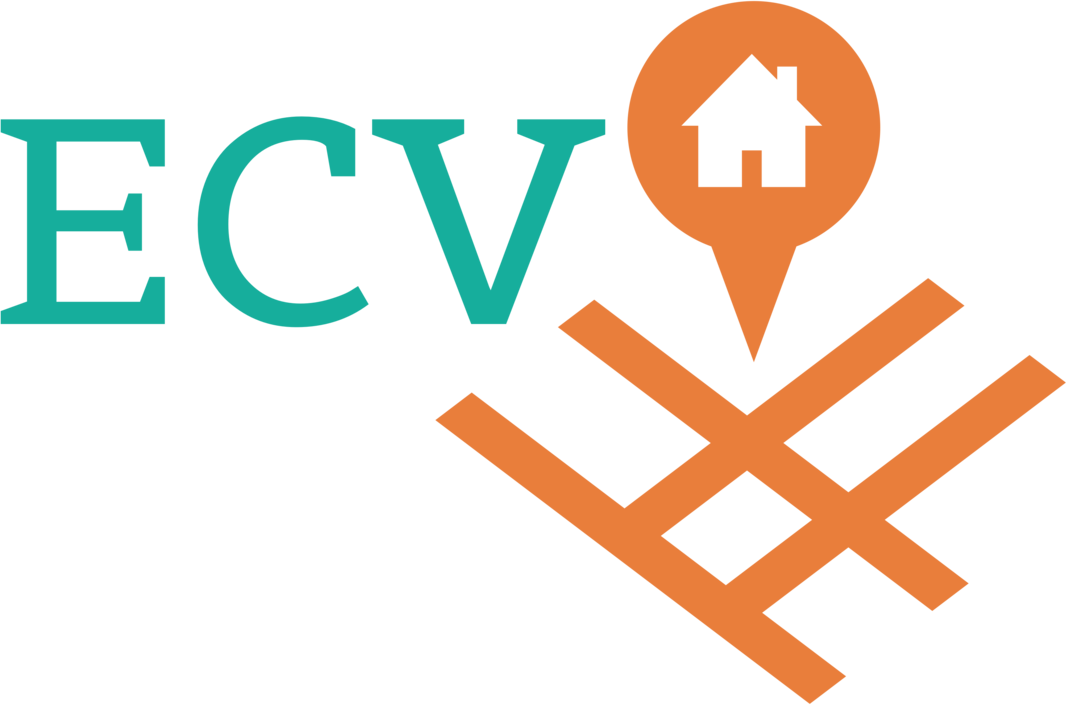Promoting Social Connections: Activities and Programs Ideas for Care Facilities
We have all heard the saying “No Man is an Island”, and that is very true. Socializing is a part of human nature and it is proven that seniors who are socially connected have better physical, and mental well-being than those that don't. In care facilities, fostering social connections among residents is crucial for their overall well-being and quality of life. Social isolation and loneliness can have detrimental effects on seniors' physical and mental health, making it essential to prioritize activities and programs that promote social interaction and create a sense of community.
Benefits of Social Connections for Older Adults
When we think of ways to keep ourselves healthy we often think of the common best practices such as exercising, eating a healthy diet, and avoiding unhealthy habits that we often forget to put keeping an active and healthy social life on the list. Social connections have several benefits that we can acquire, especially for older adults. Some of the benefits are:
Physical Wellness - According to Health Harvard Publishing a study from 2019 in The Journals of Gerontology, Series B: Psychological Sciences and Social Sciences found that older adults who socialized with people aside from their family and usual friends are more likely to have higher levels of physical activity, and have a higher rate of positive moods.
Improved Mental Health -There are several mental and emotional benefits of social interactions to older adults, it provides them with a sense of belonging, purpose, and emotional support. Regular social connections can reduce isolation that can cause depression, anxiety, and loneliness, thus promoting positive mental health and overall well-being.
Enhances Cognitive Function - According to Science Daily, a study by Ruixue Zhaoyang found that when adults age 70-90 have frequent social interactions in a day, they would also have a better cognitive performance on that day and the following two. Social interactions can decrease cognitive impairment and avoid dementia, it challenges memory, attention, and problem-solving skills, which can contribute to better cognitive abilities.
Increased Social Support - Social connections provide a network of support during times of need. Having trusted friends, family, and peers to rely on for practical assistance, advice, and emotional support can alleviate stress, promote resilience, and improve overall well-being.
Group Activities for Older Adults that Promote Social Interaction
Group activities play a crucial role in promoting social interaction and fostering a sense of community within care facilities. These activities provide opportunities for older adults to engage with their peers, form meaningful connections, and enjoy shared experiences. Here are some group activity ideas that promote social interactions among older adults.
Group games and puzzles
Examples: Bingo, board games, jigsaw puzzles,
Benefits:
Encourages friendly competition and teamwork
Facilitates conversation and bonding among participants.
Stimulates cognitive abilities, memory, and problem-solving skills.
Provides opportunities for laughter and enjoyment.
Group Exercise or Physical Activities
Examples: Yoga, Zumba, gardening, social dances, group walks
Benefits:
Promotes physical fitness, flexibility, and balance.
Encourages interaction and camaraderie during the activities.
Boosts mood and overall well-being through endorphin release.
Offers opportunities for shared goals and mutual support.
Arts and Crafts Sessions
Examples: Painting classes, pottery workshops, card making, scrapbooking, swing,
Benefits:
Sparks creativity and self-expression.
Provides a platform for sharing ideas, techniques, and inspiration.
Facilitates conversation about art, personal stories, and experiences.
Fosters a sense of achievement and pride in the creative process.
Book Clubs or Discussion Groups
Examples: Literary book clubs, current events discussions, and memoir sharing.
Benefits:
Stimulates intellectual engagement and critical thinking.
Encourages reading, expanding knowledge, and exploring new perspectives.
Promotes lively conversations, debates, and the exchange of ideas.
Cultivates a sense of belonging and shared interests.
Music Sessions
Examples: Sing-alongs, drum circles, instrument playing, group choir
Benefits:
Enhances emotional well-being and self-expression through music.
Promotes social interaction, connection, and a sense of belonging.
Boosts mood, reduces stress and increases relaxation.
Cooking or Baking Classes
Examples: Group cooking demonstrations, baking workshops, and recipe sharing.
Benefits:
Fosters teamwork and collaboration during food preparation.
Provides opportunities for sharing cultural traditions and family recipes.
Promotes conversation, reminiscing, and storytelling.
Culminates in the enjoyment of delicious food and shared meals.
There are many more group activities that older adults can do to promote social interaction and enhance physical and mental wellness, these are just examples. The sky is the limit when looking for activities to do, just make sure that they are safe to do by older adults and it won’t cause any physical or emotional harm.
What activity are you excited to try first? Share this blog with others to give them ideas on group activities that can be done by older adults.


